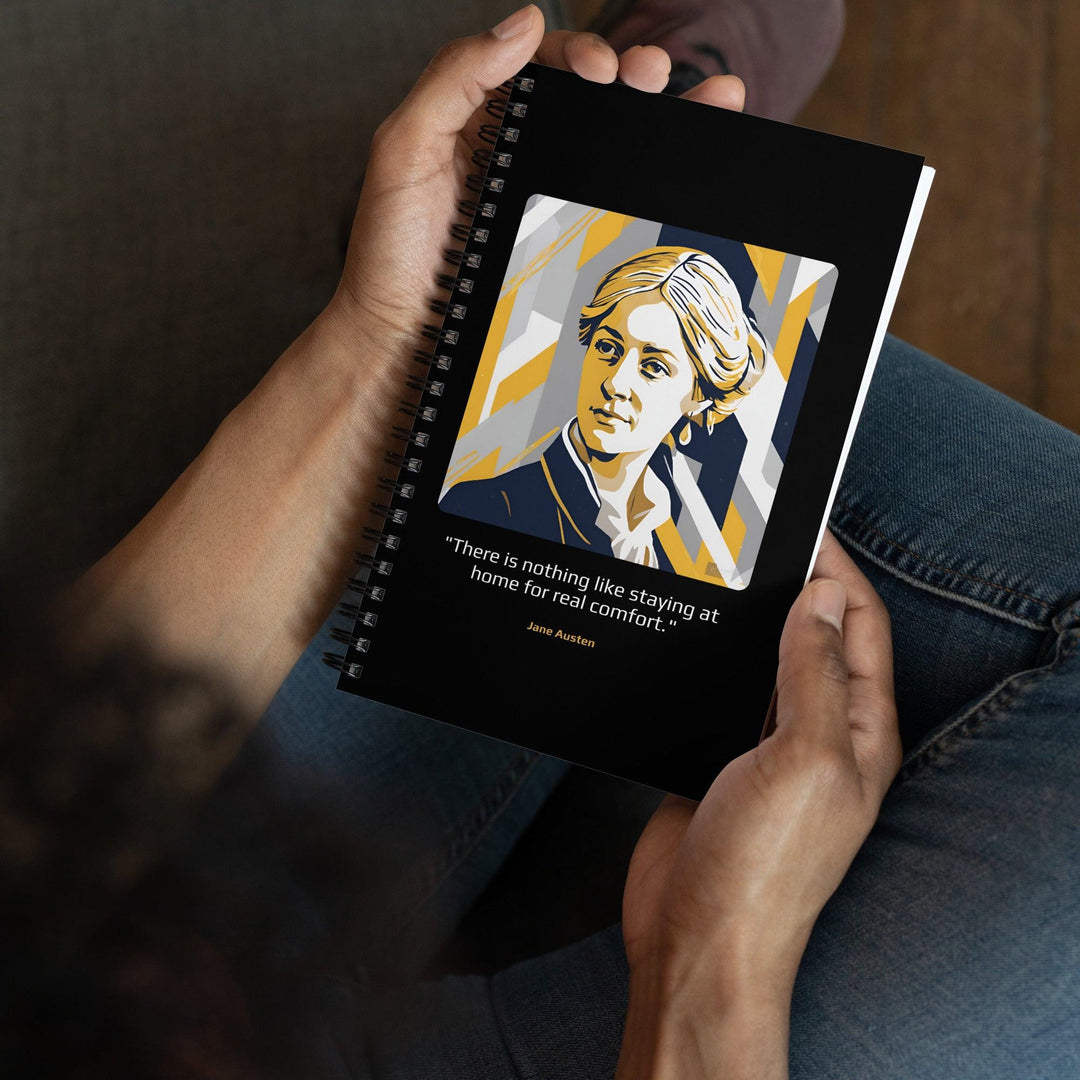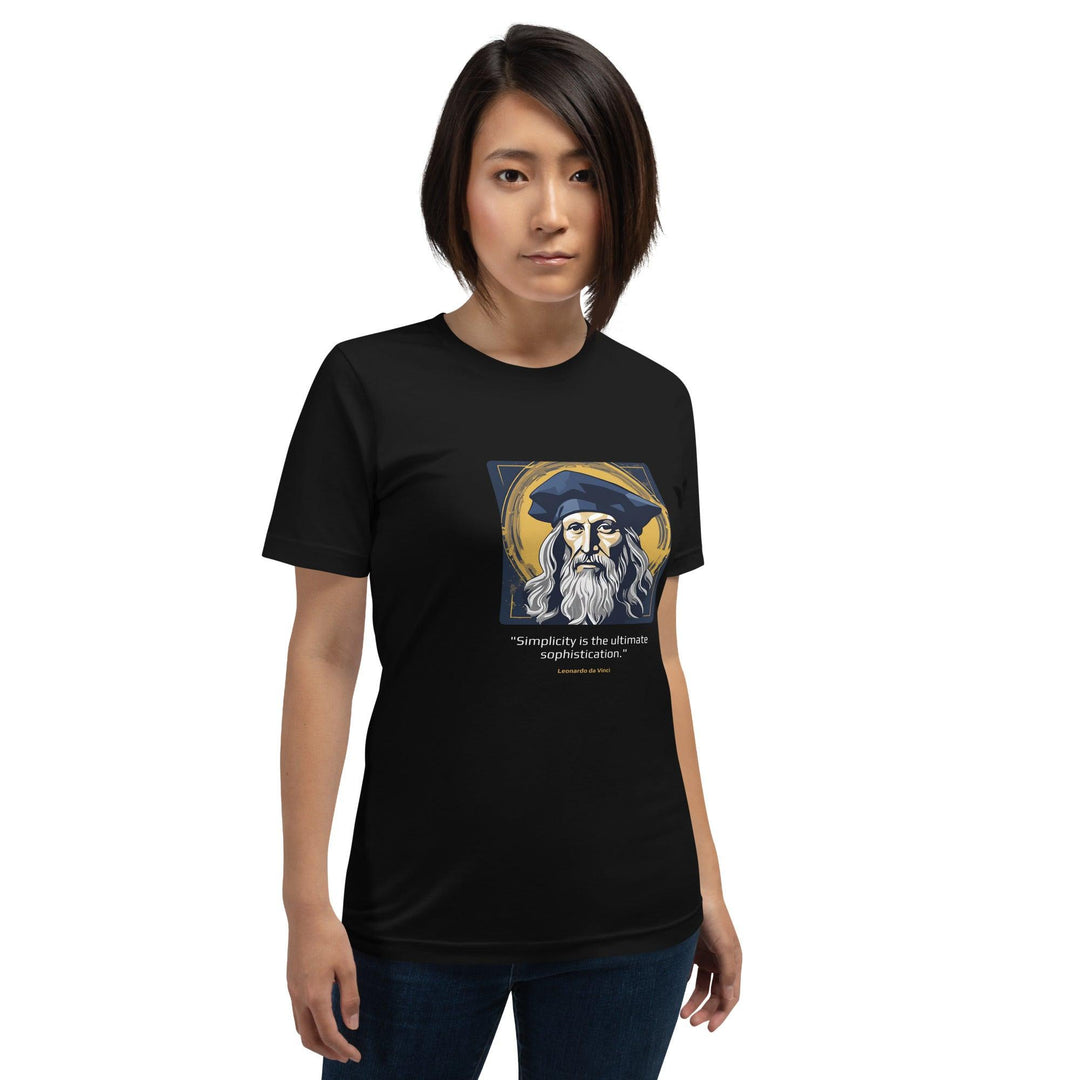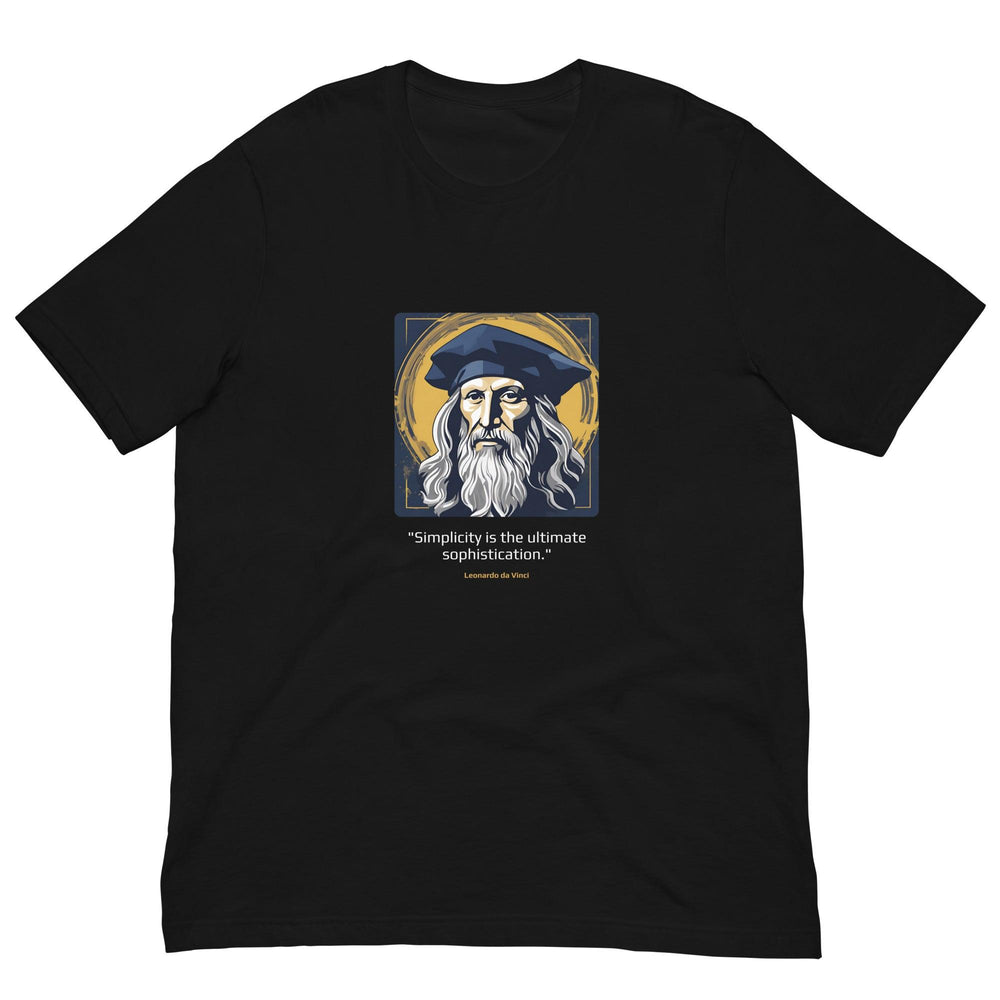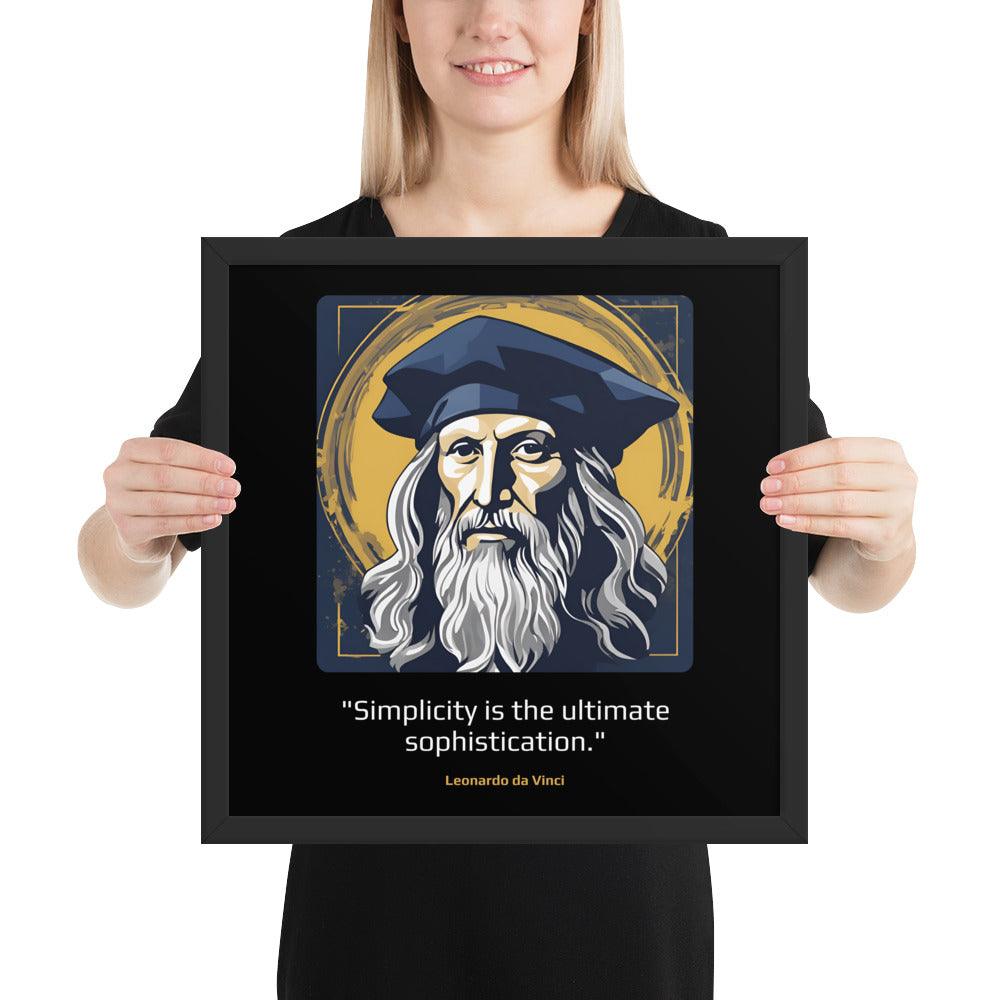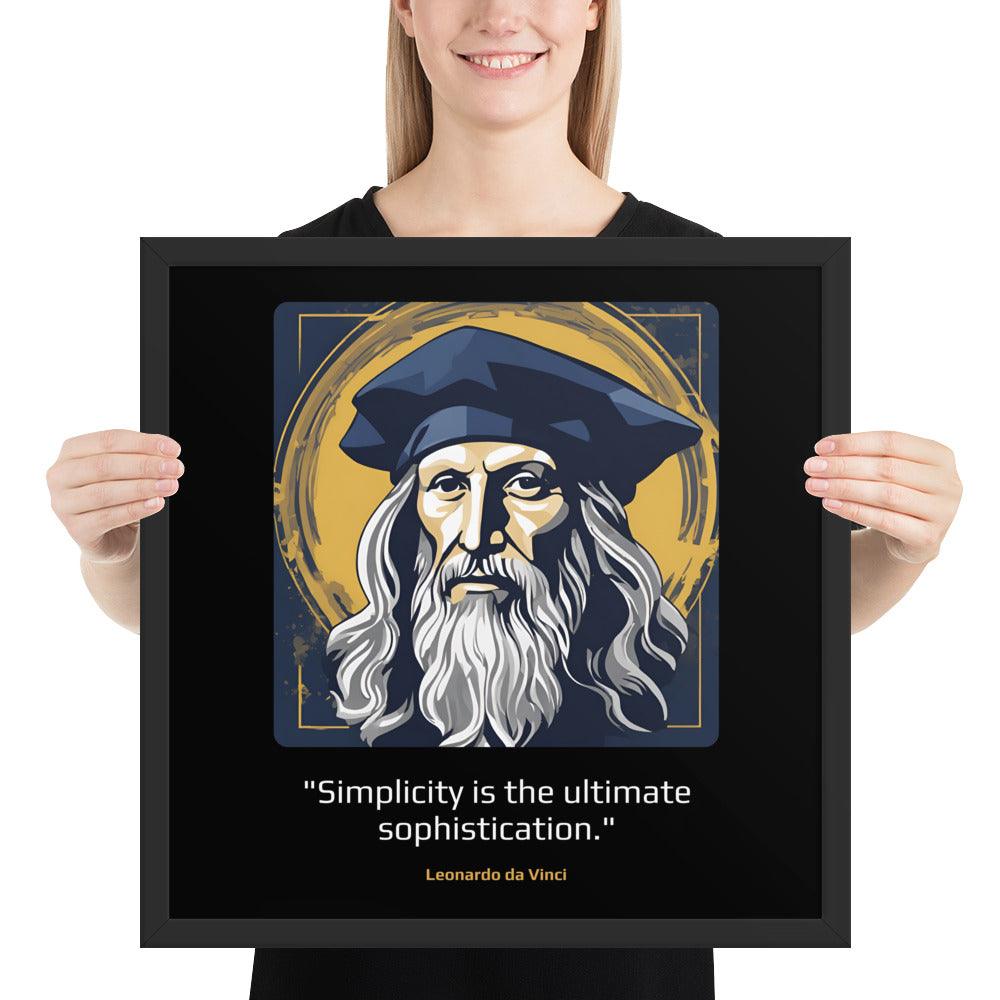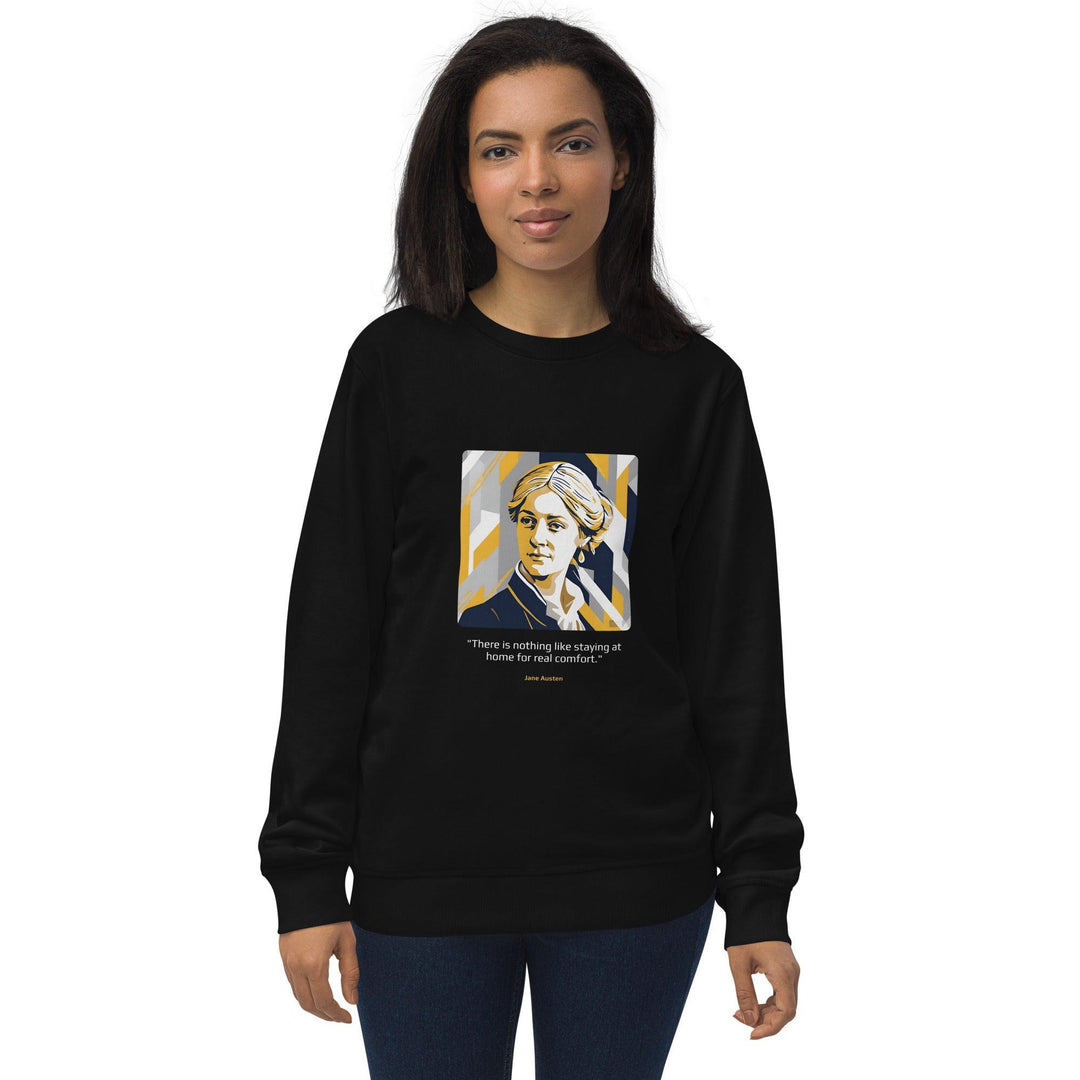Marie Curie
1867-1934
Marie Curie was a pioneering physicist and chemist, renowned for her groundbreaking research on radioactivity. She was the first woman to win a Nobel Prize and the only person to win Nobel Prizes in two different scientific fields. Her work has had a lasting impact on science and medicine.
Beginnings
Maria Sklodowska, later known as Marie Curie, was born on November 7, 1867, in Warsaw, Poland. Despite facing significant obstacles due to her gender and political oppression in her native Poland, she excelled academically. Curie moved to Paris to study at the Sorbonne, where she earned degrees in physics and mathematics. Her dedication to science was evident early on, as she stated, "I was taught that the way of progress was neither swift nor easy."
Prime Years
Curie's prime years were marked by her remarkable discoveries and scientific achievements. She married fellow scientist Pierre Curie, and together they conducted pioneering research on radioactivity. In 1898, the Curies discovered the elements polonium and radium. Their work was recognized with the Nobel Prize in Physics in 1903, which they shared with Henri Becquerel for their joint research on radioactivity.
After Pierre's tragic death in 1906, Marie Curie continued their work, making significant strides on her own. In 1911, she was awarded her second Nobel Prize, this time in Chemistry, for her discovery of radium and polonium and her investigation of their properties. She is famously quoted saying, "Nothing in life is to be feared; it is only to be understood. Now is the time to understand more, so that we may fear less."
Curie’s research had profound implications, leading to advancements in medical treatments, particularly in the use of radiation therapy for cancer. She established the Radium Institute in Paris, which became a leading center for scientific research.
Legacy
Marie Curie's legacy is vast and enduring. She broke numerous barriers for women in science, serving as a role model and paving the way for future generations of female scientists. Her pioneering work laid the foundation for modern physics and chemistry and has had a lasting impact on medical science, particularly in cancer treatment.
Curie’s dedication to scientific exploration and her resilience in the face of personal and professional challenges are inspiring. Her words, "We must have perseverance and above all confidence in ourselves. We must believe that we are gifted for something and that this thing must be attained," continue to motivate and inspire.
Leadership quotes by Marie Curie

Who Said It
Marie Curie
(1867-1934)
Marie Curie was a pioneering physicist and chemist, renowned for her groundbreaking research on radioactivity. She was the first woman to win a Nobel Prize and the only person to win Nobel Prizes in two different scientific fields. Her work has had a lasting impact on science and medicine.


